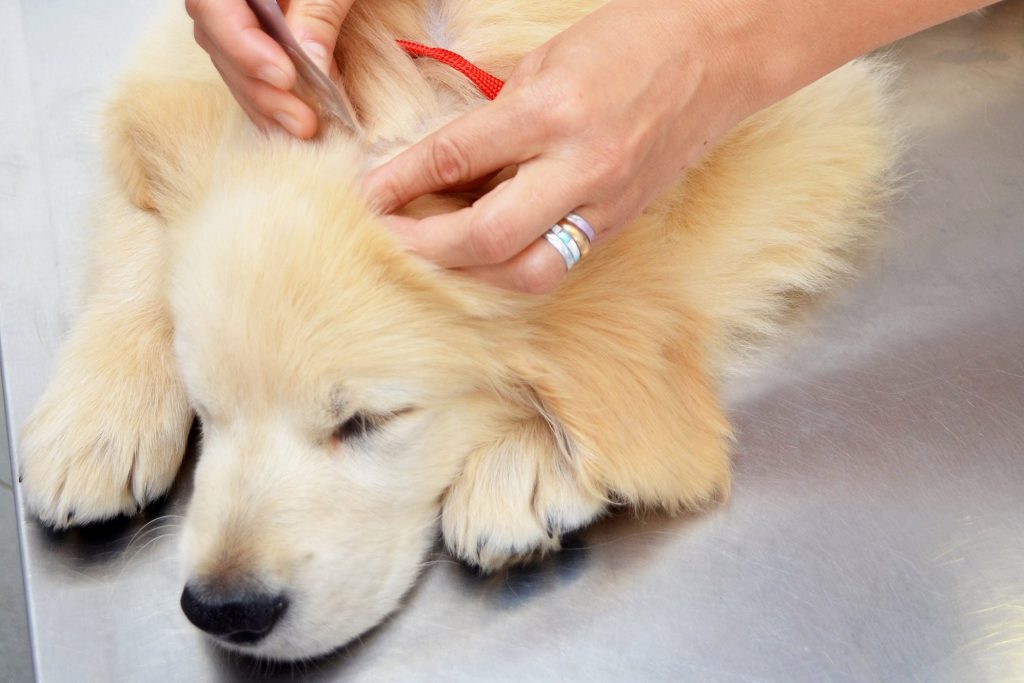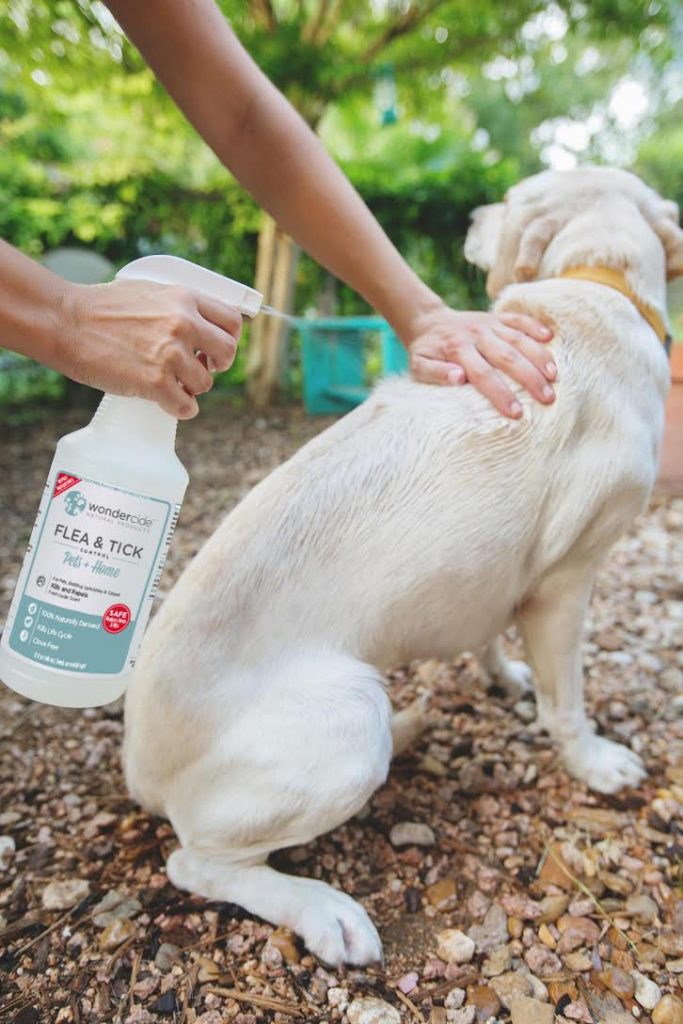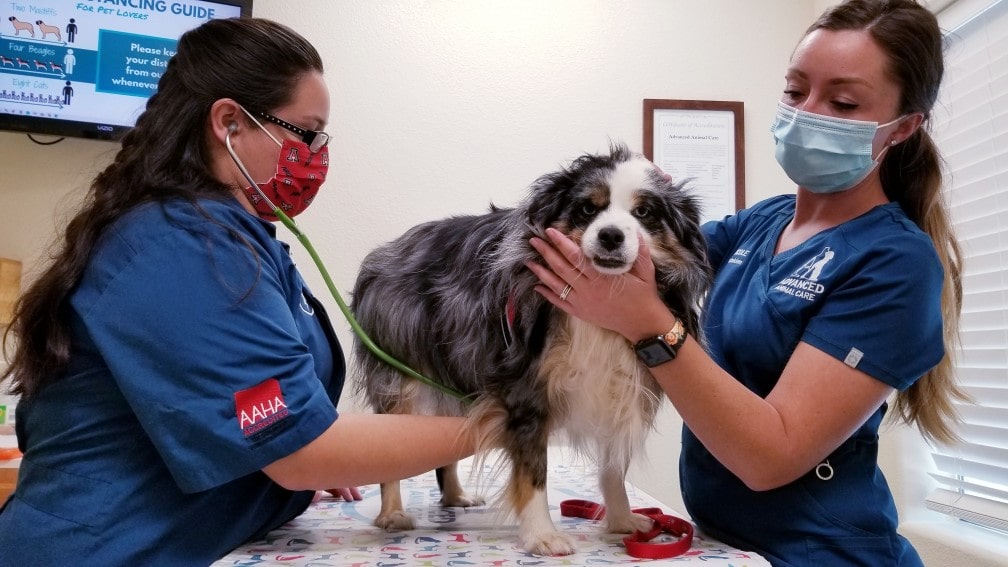Guest post!
If your pup loves roaming in the long grass and bushes, there are high chances that it can pick up some disease-transmitting insects such as fleas and ticks.
In case you have a golden retriever, you should be more worried. Golden Retrievers are tick magnets owing to their light color.
Ticks and fleas are the smallest, creepiest crawlies. Although they are the smallest in size yet can be very dangerous. Among the variety of diseases, they can transmit – Lyme disease. It is a disease caused by ticks infected with a bacteria called Borrelia burgdorferi.
The ticks are infected by sucking on infested mice or any other small animal. When the infected tick nibbles on other animals, the bacteria is transmitted.
Deer Tick is the main body for the transmission of Lyme disease. Owing to its teeny tiny size the bite of Lyme disease is often undetected.
Transmission of Lyme Disease
For prevention, it is very important to understand how Lyme disease is transmitted. It can be transmitted by urine, milk or blood. However, the most common form of transmission of Lyme disease is through tick infestation.
Symptoms of Lyme Disease
The clinical symptoms developed due to Lyme disease can be transitory or recurring. These are inclusive of fever, lesser appetite, painful and inflamed joints, lethargy, and swollen lymph nodes.
Some dogs might develop kidney disease due to Lyme disease. The symptoms of kidney disease are vomiting, depression, and increased urination.
Treatment of Lyme Disease
Lyme disease can be treated with antibiotics. It will provide an instant improvement, and the symptoms will be reduced.
Although the antibiotics will not completely cure the bacteria, they will make it highly ineffective resulting in no symptoms. In case of the kidney disease, it develops gradually after the initial infection.
The optimal option will be looking out for the additional proteins in the urine of the dog that had Lyme disease in the past. If the kidney disease is still present, a longer course of antibiotics will be preferred to treat it effectively.
Prevention of Lyme disease
Tick Control
Controlling the ticks is very important for the inhibition of Lyme disease. It will be preventive for Lyme as well as various tick-transmitted diseases.
Your dog must be regularly checked for ticks, and they should be removed without any further delay as the ticks need to be fed at least for twelve hours before transmission of the bacteria.
Your dog should be checked especially during the tick season. Some products like parasite prevention and flea shampoos can also be used.
Another option is the utilization of Tick collars. For example, golden puppies should be kept on a flea shampoo regularly because it is very easy to overlook a tick in their long-haired golden coat.
Nonetheless, these options should be considered after consultation with your vet. Also, the bushes and grass should be trimmed and can be treated for ticks.
Vaccination
Vaccination for Lyme disease is a debatable topic, and it should be extensively discussed with your vet. A lot of specialists do not endorse vaccines because the bacteria are treated rapidly by antibiotics and there is no need for vaccines.
Also, kidney problems are not due to the reaction of the immune system to bacteria, so opting for a vaccine might add to the problem. Lastly, vaccines are not fully effective.
DISCLAIMER: DogExpress does not endorse or take responsibility for the content in the guest post.
Share your thoughts with us in the comments below!

 DogExpress
DogExpress





















 in Chandigarh, India.
in Chandigarh, India. 
